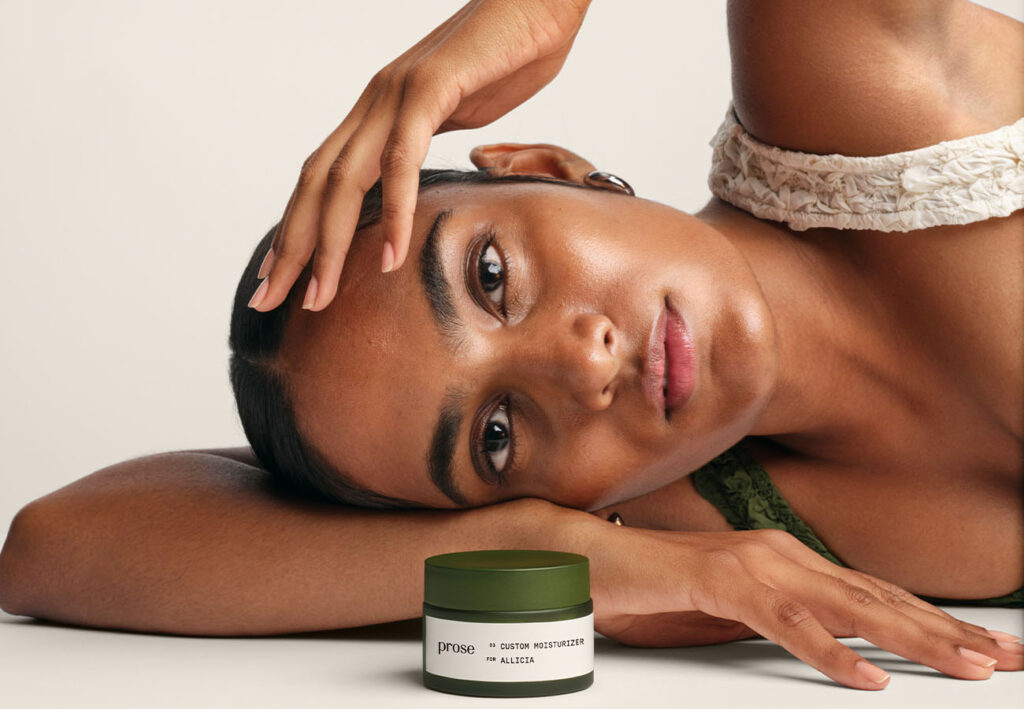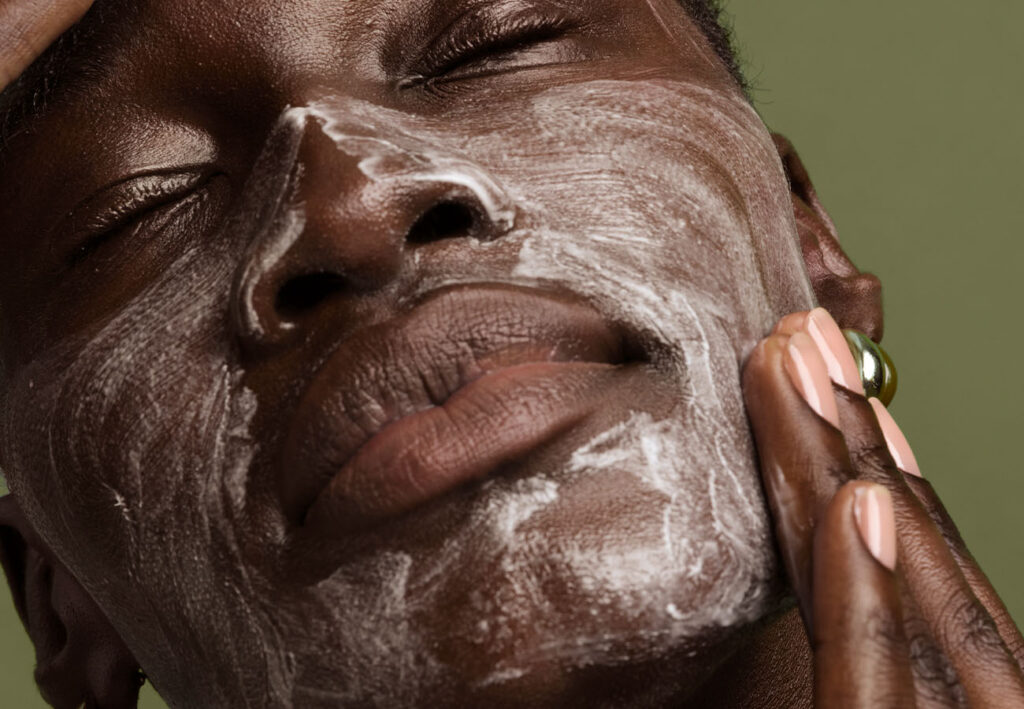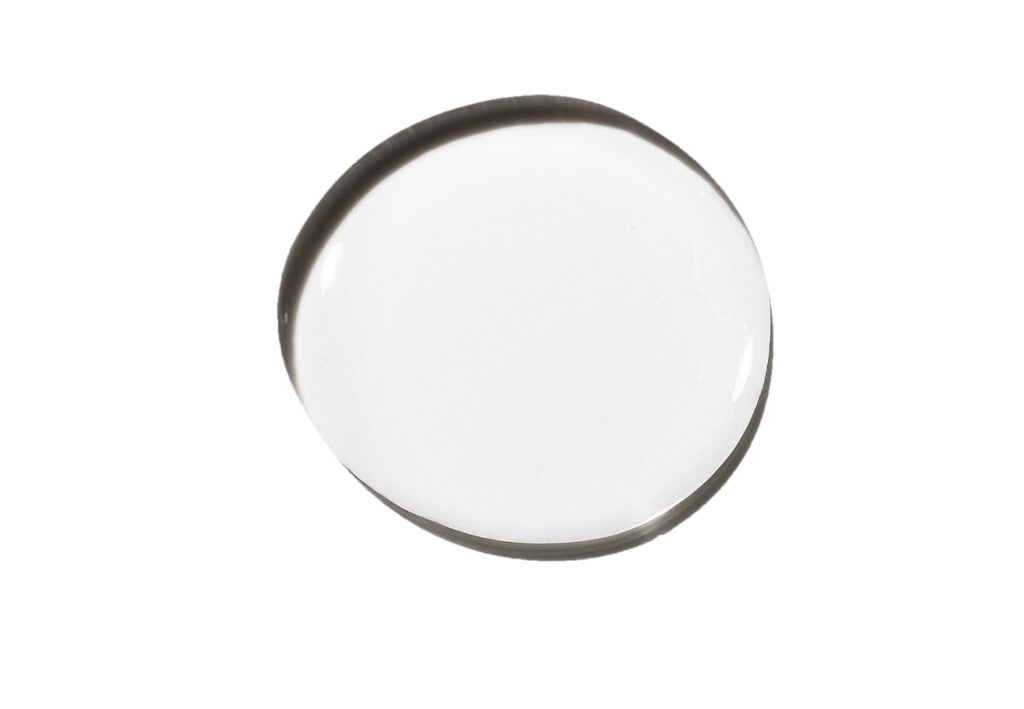Ectoin Benefits for Skin
Here’s a general look at ectoin’s key barrier-benefiting skills:
It’s rich in antioxidants
Because of its antioxidant abilities, ectoin helps minimize the damage caused by environmental aggressors like UV rays and urban pollution. (Think of it like a cousin to niacinamide or Vitamin C for these skin-protecting benefits.)
However, you still need to wear SPF, reminds Leconte. “SPF is used to reduce the amount of UV rays touching the skin, and ectoin is used to help with the potential UV-induced damages, like photoaging, of the UV rays that have touched the skin. It’s a complementary action,” she explains.
And here’s hopeful news for those of us whose screen time is through the roof: “Several clinical studies show that ectoin helps to protect cells from blue-light oxidative stress,” Leconte says.
It boosts moisture levels
Ectoin is a “kosmotropic” ingredient, meaning it attracts moisture into the skin in order to maintain proper hydration levels. (Think of it as a cousin of hyaluronic acid or glycerin in this way, Leconte adds.)
It calms irritated skin
Ectoin also has soothing properties that benefit irritated, sensitive, and/or dry skin, making it a favorite ingredient in moisturizing products. (Since we’re doing the comparison game, think of it like aloe vera in this way, and ditto for its moisturizing properties.) It is also commonly paired with more “aggressive” active ingredients like chemical exfoliants (alpha hydroxy acids, such as lactic acid or glycolic acid), to cushion skin against any redness and irritation.
It plays nice
In tandem with being so soothing, ectoin is well tolerated by most skin types, and pairs well with most other skincare ingredients. (Again, this would be like niacinamide.)
How to Use Ectoin
Because of its agreeability with skin, ectoin is generally suitable for twice-daily use, both day and night, notes Leconte. In the morning, it will help with protection against the environmental stressors you encounter throughout the day, sun-induced damage (including both UV and blue light.) In the evening, you can wear it to help aid in skin barrier repair and overall skin health improvement, says Leconte.
As is the case with Prose, ectoin is most commonly found in moisturizing products, especially those for dry or sensitive skin.
Always made to order. Never made to waste.
Exclusive Trial Offer Get 60% Off + Free Gift







